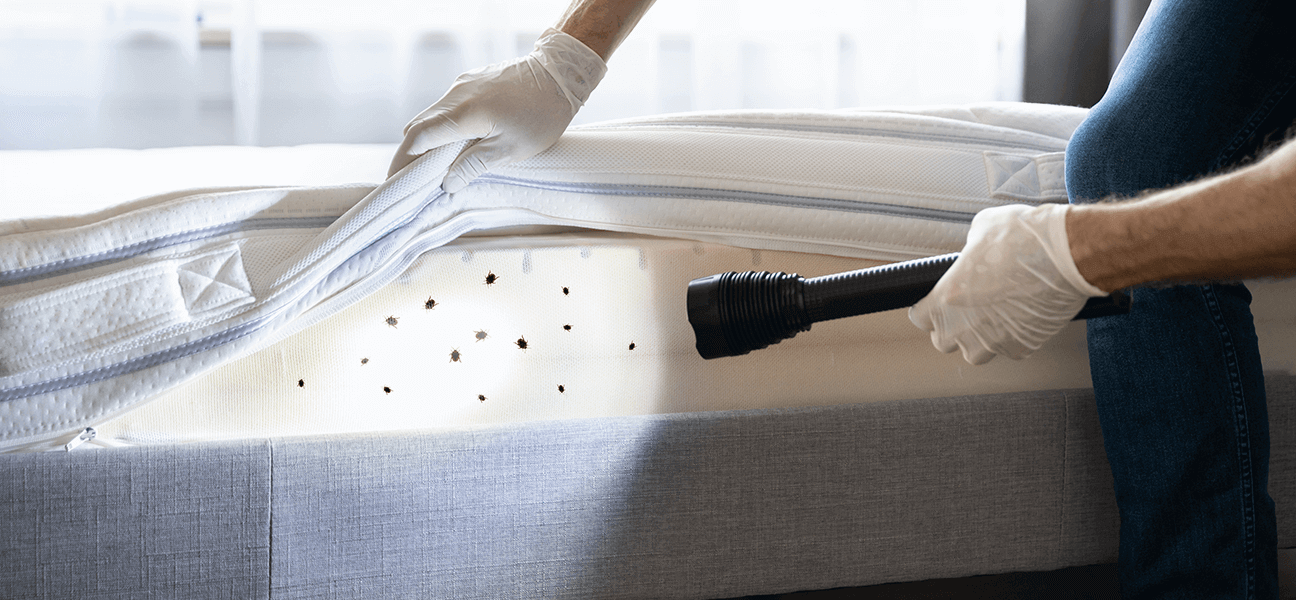In an age of instant information and light-speed social media virality, the presence of bed bugs can be a monumental challenge for the reputation of hotels. This small pest can cast a huge shadow over a hotel’s image and brand, devastating its revenue and guest loyalty. As the summer season ushered in higher travel demand, the potential for bed bug infestations increased, making it imperative for hotels to take forceful and preemptive action to protect their brand’s reputation—and financial health. Now that the season is changing, those hitchhiking summer intruders are reproducing, resulting in enhanced opportunities for a negative guest experience.
The recent surge in bed bug activity during these past summer months was a warning flare to hoteliers. Traditional media outlets, quick to pick up on sensational stories, magnify the consequences of bed bug complaints. Social media platforms distribute bed bug complaints practically in real-time. This harsh spotlight leads to a direct impact on your bottom line, which often lingers. The University of Kentucky has published research that establishes even a single mention of bed bugs in traveler reviews can reduce the average per-night rate for a hotel room by $38 for business travelers and $23 for leisure travelers. In stark terms, a 300-room hotel in a business district will lose hundreds of thousands of dollars over the course of a single month.
There is a domino effect resulting from bed bug infestations as well. The impact of media coverage extends far beyond immediate financial implications, as it can immediately collapse guest trust and loyalty that has been established over the long-term. Additionally, hotels that rely on annual events, such as conferences and conventions, stand to lose these valuable bookings to competitors once bed bug concerns become public. (Don’t think that competitors won’t seize on the news.) Loyalty erosion, and the loss of consistent block bookings, may never recover. The financial hit can become exponential.
To protect their hard-earned reputations, hotels must adopt a powerful proactive approach. Embracing preventive measures, such as installing specialized mattress liners like ActiveGuard®, can offer a formidable defense against bed bugs and the negative spotlight they bring. These liners provide an extended shield for up to two years, preventing infestations by safeguarding sleeping surfaces. This modest investment demonstrates a hotel’s commitment to guest comfort and well-being, key components of a strong brand identity that fosters both recommendations and repeat bookings.
Yet protective measures alone are insufficient. Hotel managers must cultivate a comprehensive strategy to combat bed bug threats. Staff training in the recognition and handling of these pests is paramount, enabling employees to swiftly identify and address bed bug concerns before they escalate. Establishing an environment of open communication between staff members further mitigates potential problems and ensures prompt action. Implementing rigorous protocols, which may include the involvement of a licensed pest service provider, emphasizes a hotel’s dedication to maintaining a pristine guest experience.
In today’s interconnected world, where a single negative experience can reverberate across platforms, the stakes of avoiding bed bug infestations and public disclosures cannot be overemphasized. A well-managed, guest-centric hotel can navigate these challenges with an organized advance plan. They will emerge with their reputation intact and their guest satisfaction enhanced. Vigilant bed bug measures should be a business cornerstone in the hospitality industry. A lack of them can be ruinous.

